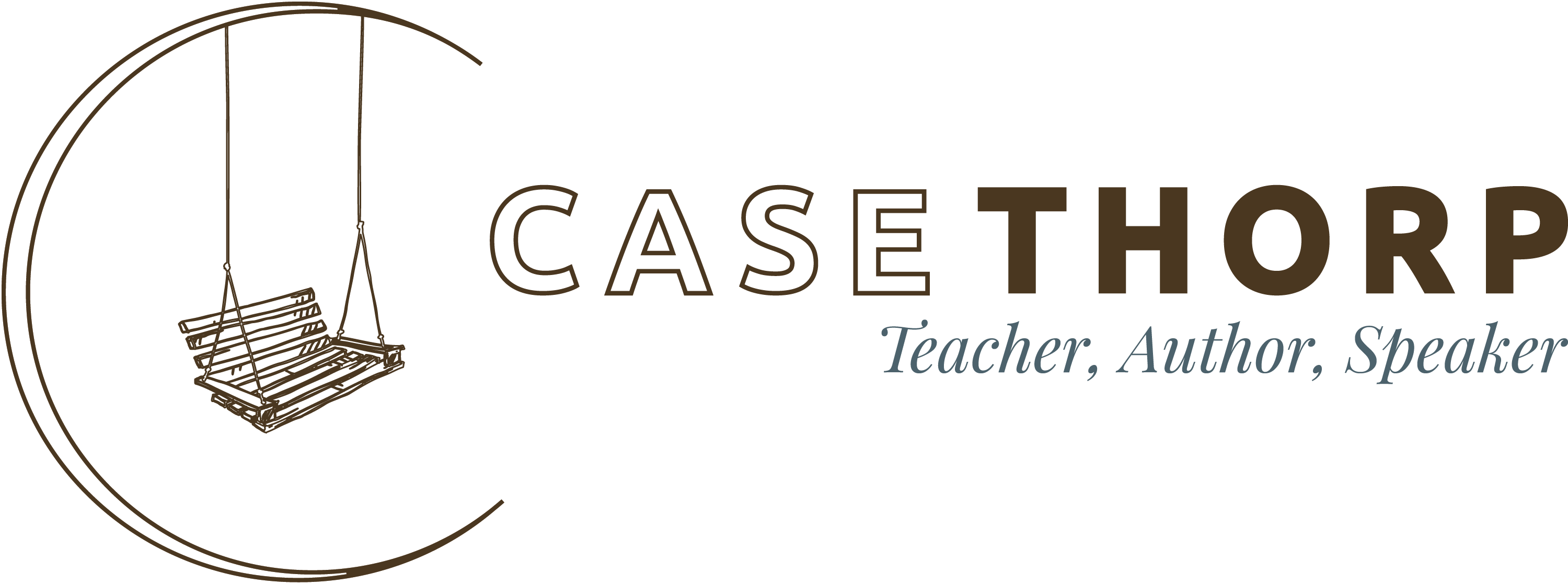The presidential campaigns of Mitt Romney and John Huntsman have raised the specter of a first for a US president: one who is a Mormon. Certainly after 44 presidents of Protestant faith affiliation, with exception for the lone Roman Catholic in John F. Kennedy, this would be a marked difference for our country. As well, such a presence in the Oval office would cement a century and a half’s journey towards full acceptance in American society.
As part of this conversation, The New York Times reported (“Mormons’ Ad Campaign May Play Out on the ’12 Campaign Trail,” Friday, November 18, 2011) how the Church of Jesus Christ of Latter Day Saints has invested in a multimillion dollar study and marketing campaign to change traditionally held perceptions about Mormons. According to the Times the church engaged two top tier marketing agencies in 2009 to develop the “I’m a Mormon” campaign. The desire is to show Mormons of a variety of ethnicities and vocations breaking away from the stereotype that is reinforced by the likes of Romney and Huntsman: clean-cut white males.
The Times article notes, irrespective of religious conviction, that 4 out of 10 Americans say they will never vote for a Mormon. All too often articles or editorials on the possibility of the first Mormon president quickly devolve into the question as to whether the candidate’s faith should matter in the first place. Aspersions are cast upon evangelical Protestants and Roman Catholics who decline to vote for a Mormon candidate. The theological differences are downplayed by the media cognoscenti as internecine debates over minor interpretations and out dated disputes with which modern society should not concern itself. As a person of faith, this disturbs me.
However, this Times article is actually quite refreshing. The article gives appropriate acknowledgement that Mormons hold different beliefs than those within orthodox Christianity. The article states:
“They (Mormons) believe in Jesus Christ, read the Bible and consider themselves Christian, but their theology differs significantly from traditional Christianity. They claim three additional books of scripture, including the Book of Mormon. They believe that the prophet Joseph Smith, who founded the church in 1830, restored Christianity to its true path.”
As this article notes, it is often the significant theological differences between traditional Christianity and the doctrines of the Church of Jesus Christ and Latter Day Saints are what keep evangelical voters away from Mormon candidates. Despite the outward differences in worship and religious leadership, there is a theological unity found between Roman Catholicism, Orthodoxy, Protestantism, and Pentecostalism that differentiates it from Mormonism. These four major branches have a common understanding of the Trinity, divinity of Christ, and profess the same definition of the terms within the Apostle’s Creed. However, those doctrines are redefined and reinterpreted in Mormon doctrine, which they certainly have the freedom to do. Yet, we must recognize that those belief differences, which are fundamental, are the reasons for the aversion among many Christian voters for whom theology matters.
The public needs the media to remind them of the theological lens through which various individuals of faith see the world and interpret its purpose, function, and ends. Without a respectful and honest acknowledgement of such differences, we are less informed as to why voting patterns among various groups function as they do.
